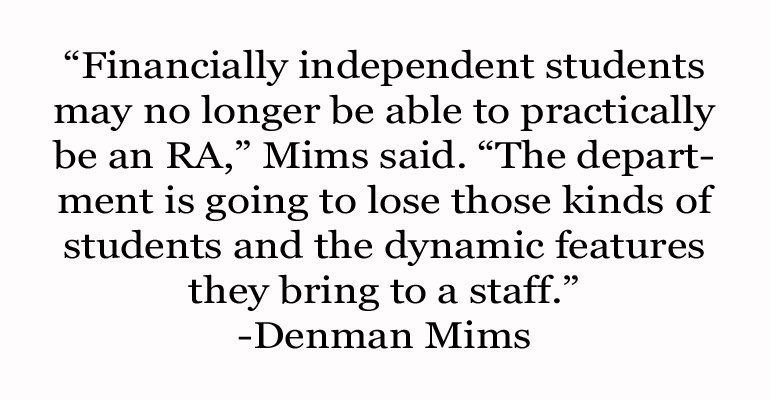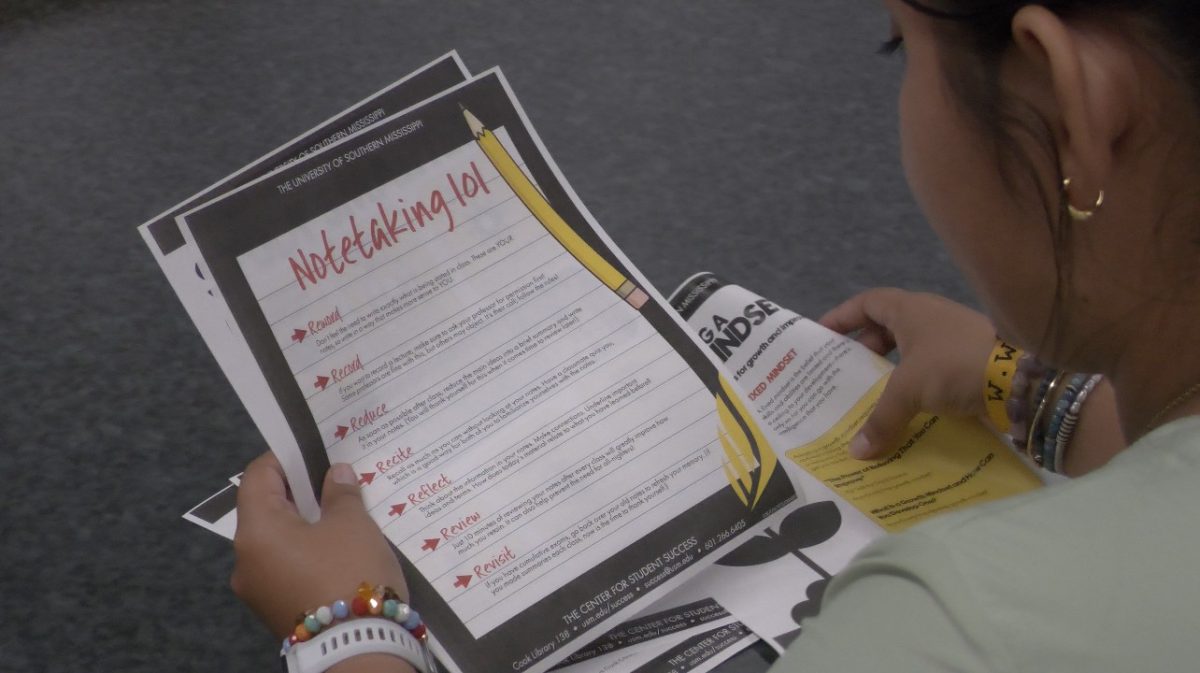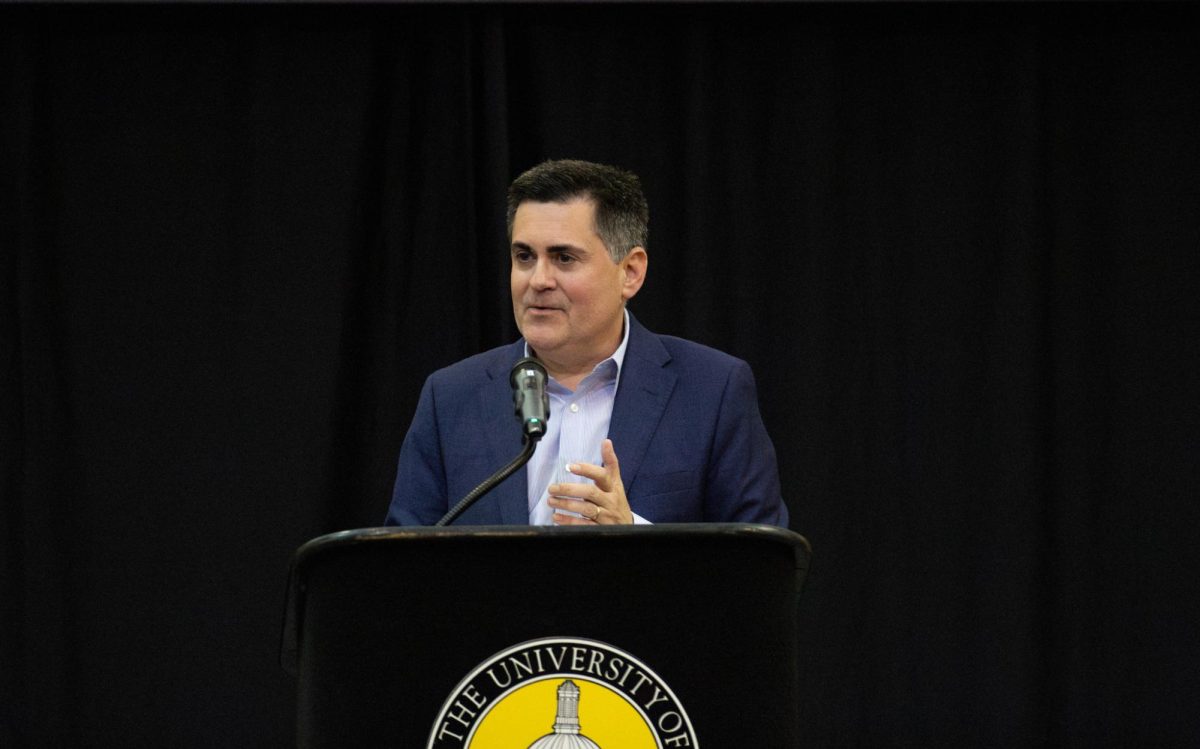The Department of Residence Life recently changed its policies regarding resident assistants’ pay, limiting them to a maximum of 11 hours per week and forbidding other employment, whether on or off campus.
In an email dated Feb. 20, Danlana Brooks, the assistant manager of applications and assignments in ResLife, said resident assistants who worked over 11 hours each week would have their hours cut due to university policies. Additionally, resident assistants may only work desk shifts at their respective halls and are not allowed to have outside employment.
“In an effort to hire new desk assistants and comply to the rule of no hall change, I will determine the hours that need to be eliminated from your individual schedules in order to be able to offer the new desk assistants a stable schedule in one hall,” Brooks said in the email.
Scott Blackwell, director of the Department of Residence Life, said the policy changes are unfortunate and that he regrets they must be implemented mid-year.
“The university has had a policy to limit the hours each week student workers work, but we did not enforce the policy and need to in order to protect student workers as students,” Blackwell said. “Too many hours spent working a job on campus can negatively affect academic work.”
According to Blackwell, the policy change is intended to protect the department’s student workers.
“We ask our student workers to attempt balance in their lives,” he said.
Denman Mims, a junior political science major and resident assistant at Hattiesburg Hall, offered another reason for the policy change. Mims said the issue is a provision in the Affordable Care Act, which requires employers provide a certain bundle of benefits to workers who work past a certain amount of hours. Twenty hours per week qualifies an individual for full-time benefits.
“The university is strapped for cash, so it’s trying to cut back hours so that no student worker gets to 20 to qualify for the benefits,” Mims said.
But to make the situation worse, Mims said, ResLife calculates unpaid work, such as staff meetings, programs and duty nights, counting toward the 20-hour mark. This is why desk assistants can still work a considerable number of hours and why ResLife seeks to hire more desk assistants.
“The argument is that our meal plan and housing constitute payment for that work, which is all fine except that RAs have bills to pay and cutting desk hours limits our ability to do so,” Mims said.
In tandem with the requirement for RAs to quit additional jobs, these changes “make it impossible for a financially independent student to be an RA,” he said.
Blackwell said he understood this criticism. He suspected the enforcement of such a policy could be a retention issue for some of the student workers.
“Again, I regret the sudden start to the enforcement of a policy that limits student workers’ hours worked each week,” Blackwell reiterated. But the new policy, he said, must be strictly enforced.
According to a senior resident assistant who wishes to remain anonymous, the matter is out of ResLife’s hands.
“The changes are supposed to be mandated by the state, and if that’s the case there’s nothing else the department could have done,” he said. “The only issue was that things have become very different for RAs very quickly.”
The anonymous RA said he believed that the policy changes would not have any long-term negative impact for ResLife. The resident assistants who intended to return to the job in the 2015-2016 academic year may not, he said, but many of them will still come back.
Mims more or less agreed with this assessment, saying there will not be a shortage of RAs because the position is still desirable due to its housing and meal plan benefits. But he predicted a shift in the kind of students who could be in the RA staff.
“Financially independent students may no longer be able to practically be an RA,” Mims said. “The department is going to lose those kinds of students and the dynamic features they bring to a staff.”
Blackwell emphasized the importance of resident assistants to the university.
“We greatly value them, and their work commitment to students is the lifeblood of our campus housing operation,” Blackwell said. “We believe the RA experience is an opportunity for students to gain life skills that will serve them well after they leave Southern Miss.”
































